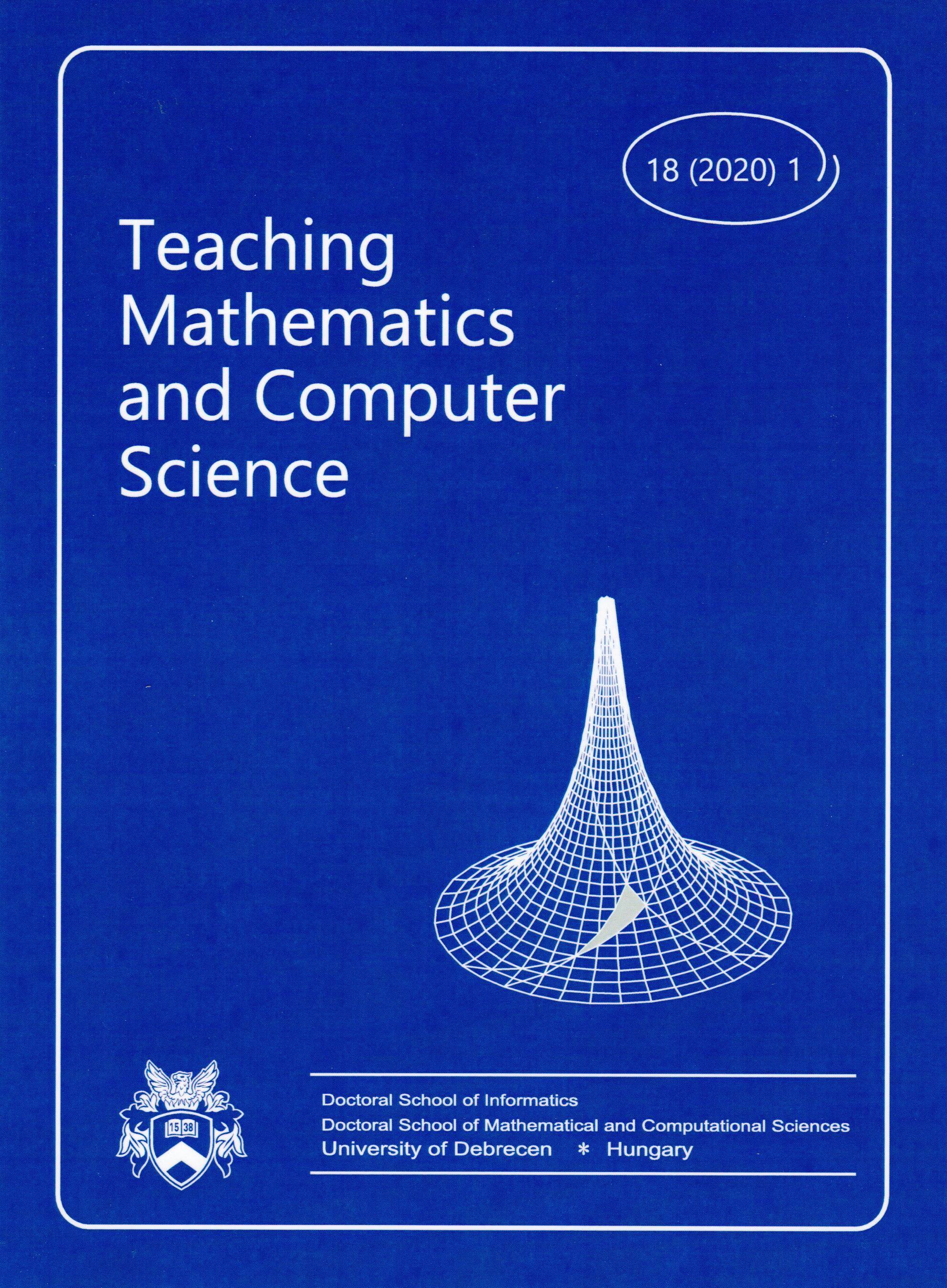Guided Discovery in Hungarian Education Using Problem Threads: The Pósa Method in Secondary Mathematics Classrooms
Authors
View
Keywords
License
Copyright (c) 2022 Charlotte Matzal, Kirsten Manahan, Bridget Galaty, Haoyi Wang, Marta Barbarics

This work is licensed under a Creative Commons Attribution 4.0 International License.
How To Cite
Abstract
In Hungary, ‘guided discovery’ refers to instruction in which students learn mathematical concepts through task sequences that foster mathematical thinking. A prominent figure of guided discovery is Lajos Pósa, who developed his method to teach gifted students. Rather than teaching mathematics through thematic blocks, the Pósa Method employs webs of interconnected problem threads in which problems are built on each other, and different threads are presented simultaneously, so that students work on problems from multiple threads at the same time. It was found that this method has been successful as extracurricular training for gifted students since the 1980s; however since 2017, as part of an ongoing research, the method has been applied to mainstream curriculum in two public secondary school classrooms. The present paper examines the design and implementation processes of problem threads in this public secondary school context.
Subject Classification: 97D40

 https://doi.org/10.5485/TMCS.2020.0491
https://doi.org/10.5485/TMCS.2020.0491






